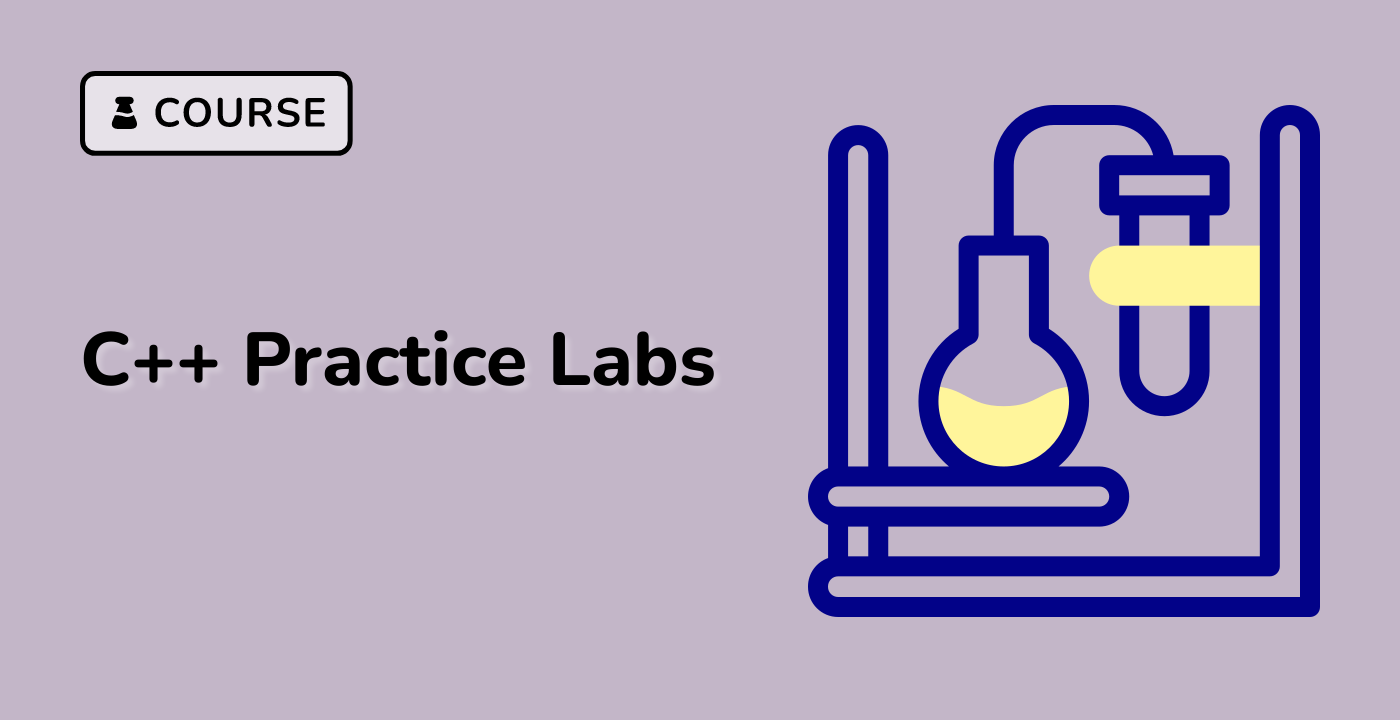Initialization Techniques
Uniform initialization, introduced in C++11, uses curly braces {} for consistent object initialization across different types.
// Primitive types
int x{42};
double pi{3.14159};
// Class objects
class Person {
public:
Person(std::string n, int a) : name(n), age(a) {}
private:
std::string name;
int age;
};
Person student{"Alice", 20};
List Initialization
List initialization allows initializing containers and complex objects with ease.
// Vector initialization
std::vector<int> numbers{1, 2, 3, 4, 5};
// Nested list initialization
std::vector<std::vector<int>> matrix{{1, 2}, {3, 4}, {5, 6}};
Constructor Initialization
Different Constructor Initialization Techniques
graph TD
A[Object Construction] --> B[Default Constructor]
A --> C[Parameterized Constructor]
A --> D[Copy Constructor]
A --> E[Move Constructor]
Example of Constructor Initialization
class Rectangle {
public:
// Default constructor
Rectangle() : width(0), height(0) {}
// Parameterized constructor
Rectangle(int w, int h) : width(w), height(h) {}
// Copy constructor
Rectangle(const Rectangle& other) :
width(other.width), height(other.height) {}
private:
int width;
int height;
};
Smart Pointer Initialization
Smart pointers provide safe and automatic memory management.
// Unique pointer initialization
std::unique_ptr<int> uniqueNum = std::make_unique<int>(100);
// Shared pointer initialization
std::shared_ptr<std::string> sharedText = std::make_shared<std::string>("LabEx");
Initialization Methods Comparison
| Initialization Type |
Syntax |
Use Case |
Performance |
| Uniform Initialization |
Type{value} |
Universal, type-safe |
Efficient |
| List Initialization |
{val1, val2, ...} |
Containers, complex objects |
Flexible |
| Constructor |
Type(params) |
Custom object creation |
Customizable |
| Smart Pointers |
std::make_unique/shared |
Dynamic memory management |
Safe |
Advanced Initialization Techniques
In-Class Member Initializers
class Configuration {
int port{8080}; // Default value
std::string host{"localhost"}; // Compile-time initialization
};
Best Practices
- Prefer uniform initialization for type safety
- Use list initialization for containers
- Leverage constructor initialization for complex objects
- Utilize smart pointers for dynamic memory management
By mastering these initialization techniques, developers can write more robust and efficient C++ code, a skill highly appreciated in the LabEx programming ecosystem.




